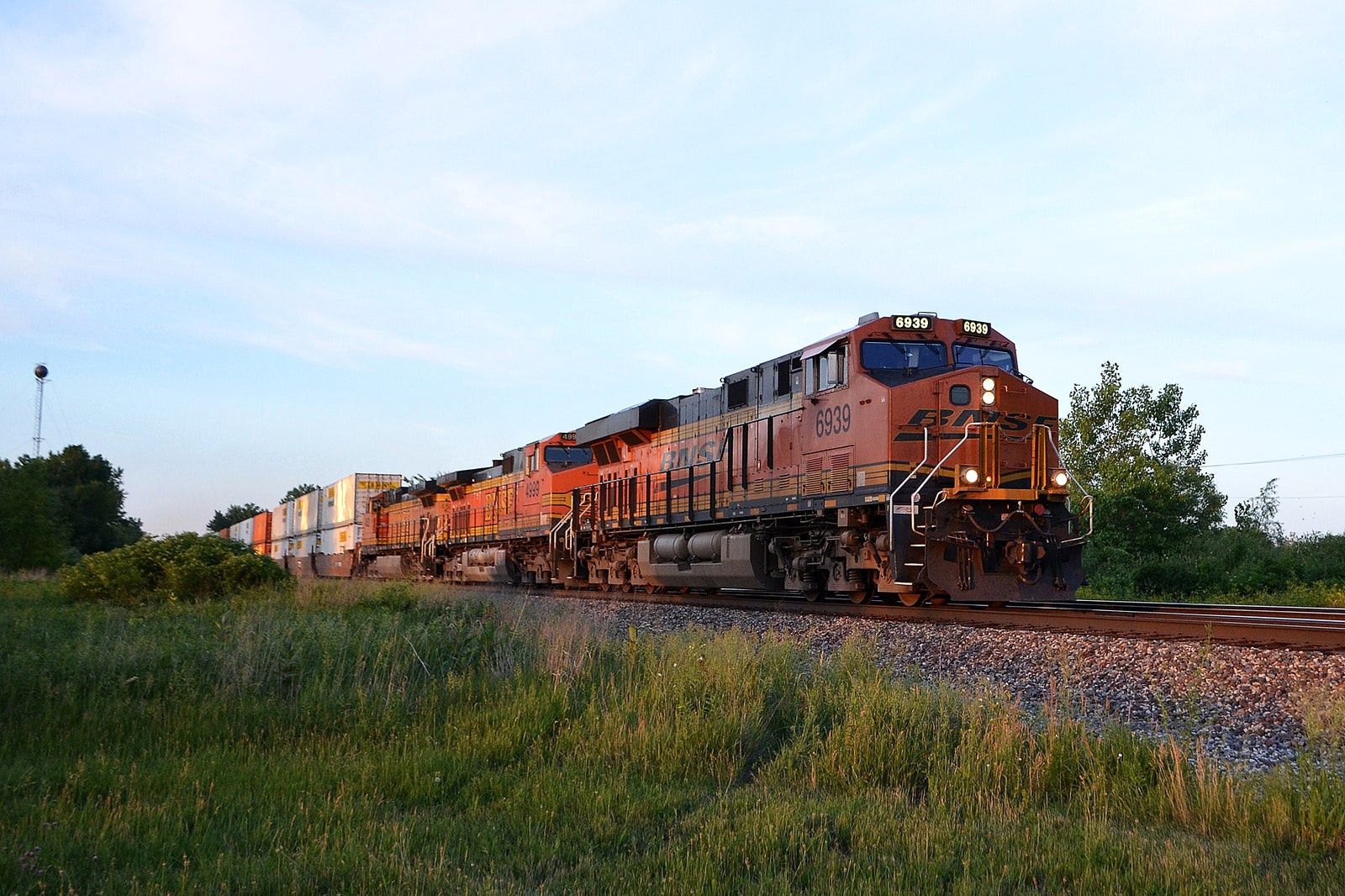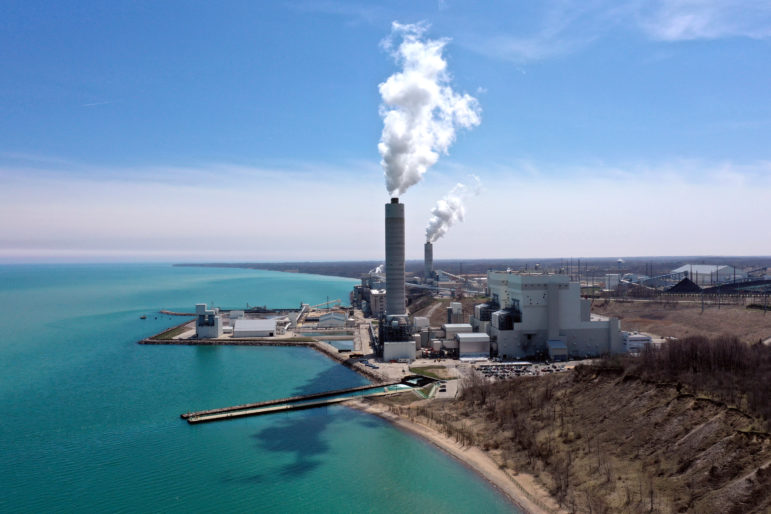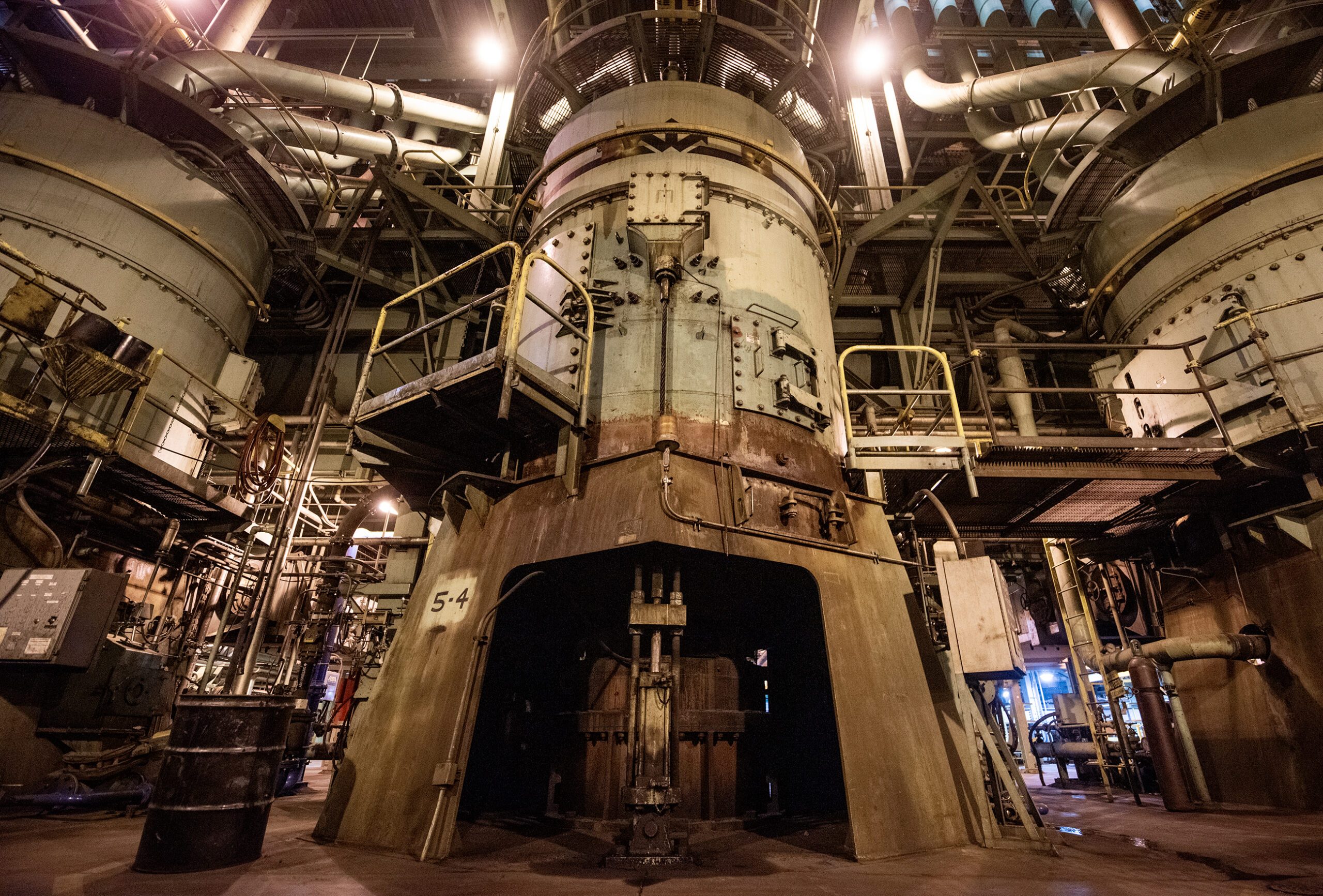A shortage of coal shipped by rail to power plants in Wisconsin may cause a crisis next winter.
Even as railroad tankers become a “pipeline on wheels” from the North Dakota Bakken oil field, trains shipping coal on rail lines from western states like Wyoming and Montana to electrical generating plants in the Upper Midwest aren’t keeping pace with demand.
Dairyland Power Cooperative’s fuel supply manager Sean Craig in La Crosse said they have a shortage on the ground right now.
News with a little more humanity
WPR’s “Wisconsin Today” newsletter keeps you connected to the state you love without feeling overwhelmed. No paywall. No agenda. No corporate filter.
“By now, we need to build inventory to be prepared for the winter burn,” said Craig. “The concern that we have is the amount of rail coal being delivered into the terminal is not enough to start building that inventory.”
In three months, Craig said the situation could become critical. Coal is shipped by rail to the Mississippi River, where it is loaded on barges and brought to Dairyland’s Genoa power plant. Once the Mississippi freezes over, the barges stop.
Barron Electric in western Wisconsin buys its electricity from Dairyland. General Manager Dallas Sloan said the lack of coal could spike prices and bring down supply. He said the scenario may be comparable to the propane shortage from last winter.
“If we run out of coal just like they ran short of propane, prices probably go up, (and) plants go on idle,” said Sloan.
BNSF wrote in a statement to Wisconsin Public Radio that it is investing $5 billion in expanding capacity and is hiring more people and adding more locomotives. It says it’s focused on “priority issues facing customers.”
The situation is also getting federal attention. U.S. Sen. Tammy Baldwin (D-Wisc.) released a statement saying:
“Following last winter’s devastating propane shortage, I am committed to ensuring that Wisconsinites do not face another energy crisis as temperatures drop. My staff and I will continue to work with BNSF, the Surface Transportation Board, and Dairyland Power to find a solution to this looming fuel shortage.”
Wisconsin Public Radio, © Copyright 2025, Board of Regents of the University of Wisconsin System and Wisconsin Educational Communications Board.







